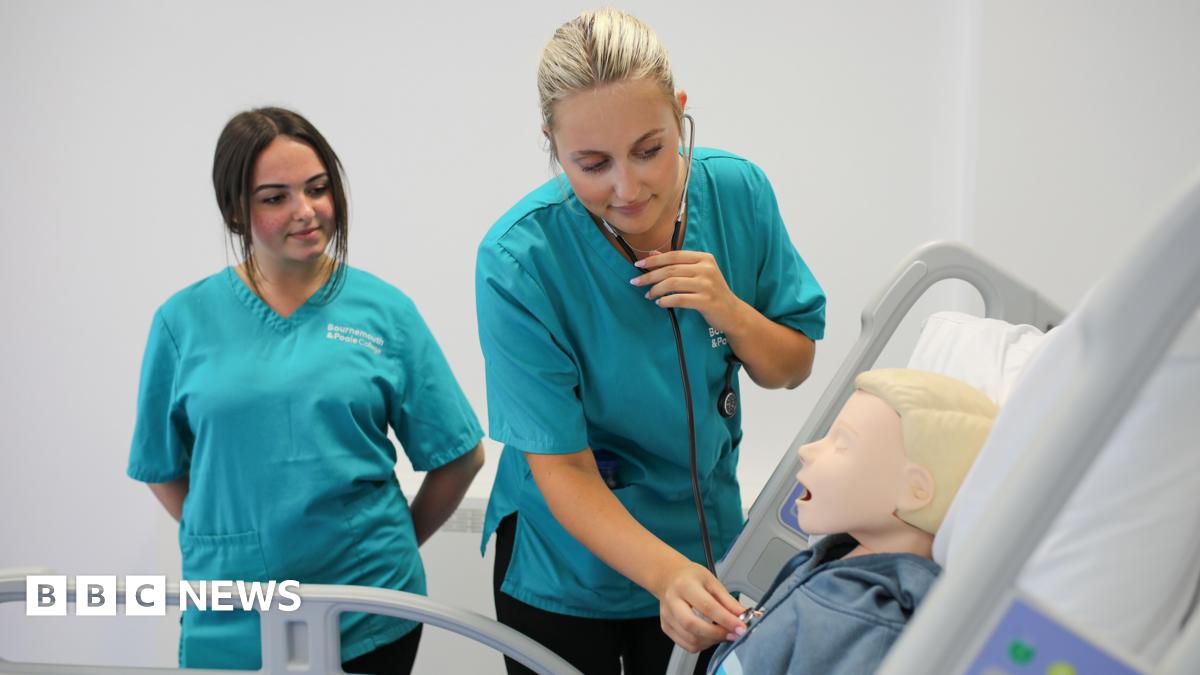Beat the Heat, Protect Your Mind: How Extreme Temperatures Impact Brain Health & What You Can Do

As summer temperatures soar, it's not just our bodies feeling the strain – our brains are vulnerable too. Extreme heat is increasingly recognized as a significant threat to cognitive function and mental well-being. From irritability and anxiety to more serious cognitive impairments, understanding the impact of heat on your brain is crucial for protecting your mental health.
The Brain-Heat Connection: What's Happening?
Our brains are incredibly sensitive to temperature fluctuations. When exposed to extreme heat, several physiological processes are disrupted. Firstly, the body attempts to cool down through sweating, which can lead to dehydration. Dehydration, even mild, can impair cognitive functions like concentration, memory, and decision-making. Secondly, heat stress can increase inflammation in the brain, potentially damaging neurons and disrupting neurotransmitter function. This can manifest as:
- Mood Swings & Irritability: Heat can amplify existing mood issues and trigger irritability and frustration.
- Anxiety & Stress: The discomfort of heat and the worry about its effects can exacerbate anxiety.
- Cognitive Decline: Difficulty concentrating, slower reaction times, and impaired memory are common complaints. Studies have even linked prolonged heat exposure to an increased risk of dementia in vulnerable populations.
- Sleep Disturbances: Hot nights make it difficult to sleep, further impacting cognitive function and mood.
Who's Most at Risk?
While everyone is susceptible to the effects of heat on the brain, certain groups are particularly vulnerable:
- Older Adults: The brain's ability to regulate temperature declines with age.
- Children: Their bodies are less efficient at cooling down.
- Individuals with Pre-Existing Conditions: Those with heart disease, diabetes, mental health conditions, or obesity are at higher risk.
- Outdoor Workers: Construction workers, landscapers, and other outdoor professionals face prolonged exposure.
Protecting Your Cognitive Health in the Heat: Practical Tips
Fortunately, there are several steps you can take to mitigate the effects of heat on your brain:
- Stay Hydrated: Drink plenty of water throughout the day, even if you don't feel thirsty. Electrolyte drinks can also be beneficial.
- Seek Shade & Air Conditioning: Spend time in cool, shaded areas or air-conditioned environments.
- Avoid Strenuous Activity During Peak Heat: Schedule outdoor activities for cooler parts of the day (early morning or late evening).
- Dress Appropriately: Wear loose-fitting, light-colored clothing.
- Take Cool Showers or Baths: Lowering your body temperature can help reduce stress on your brain.
- Prioritize Sleep: Create a cool and comfortable sleep environment.
- Mindfulness & Relaxation Techniques: Practice deep breathing, meditation, or other relaxation techniques to manage stress and anxiety.
- Monitor for Warning Signs: Be aware of the symptoms of heat-related illness (headache, dizziness, nausea) and seek medical attention if needed.
Looking Ahead: Adapting to a Warmer World
As climate change continues to drive up temperatures, protecting our brains from heat stress will become increasingly important. Public health initiatives, urban planning strategies (like increasing green spaces and providing cooling centers), and individual awareness are all essential for ensuring cognitive health in a warmer world. Don't underestimate the power of simple precautions – your brain will thank you!






